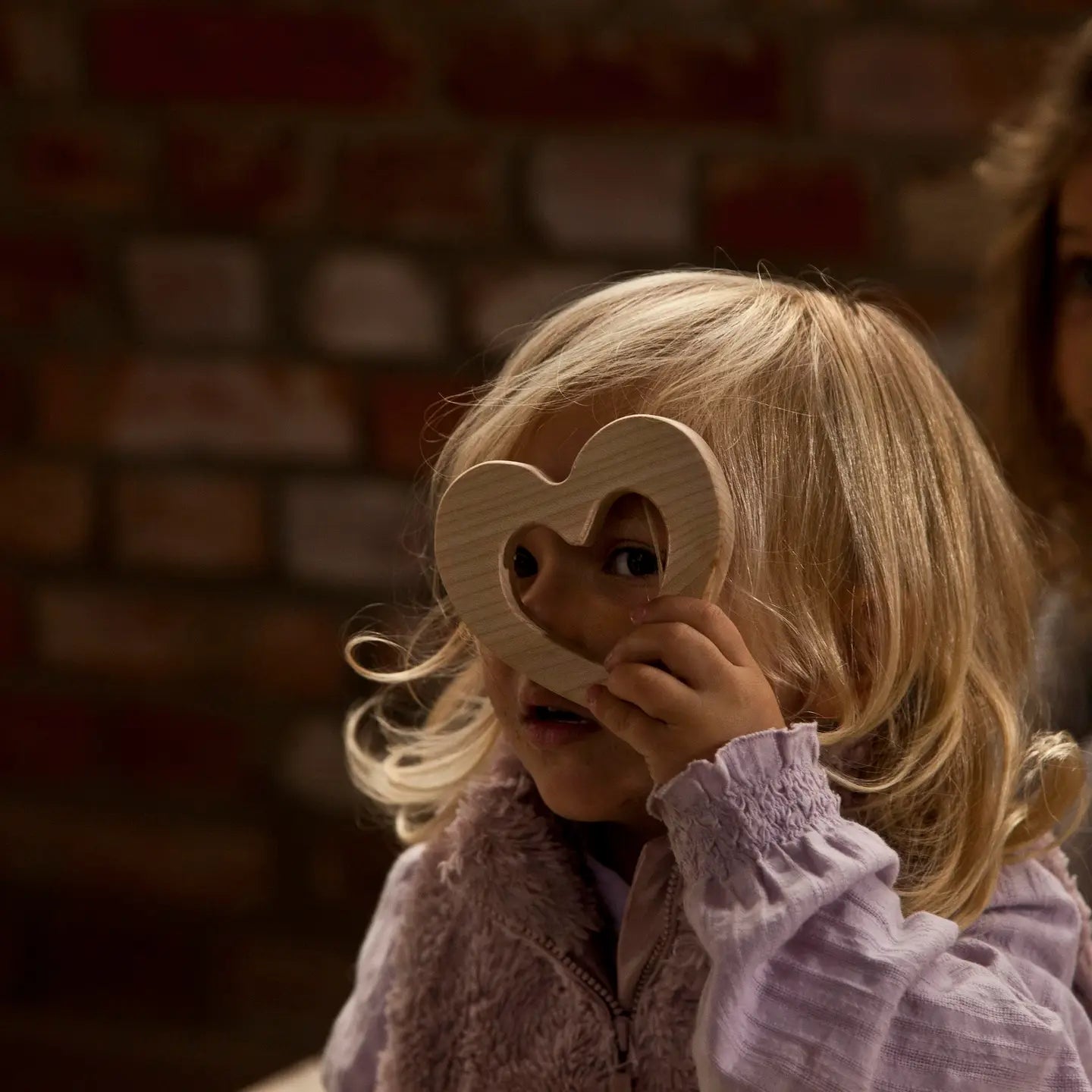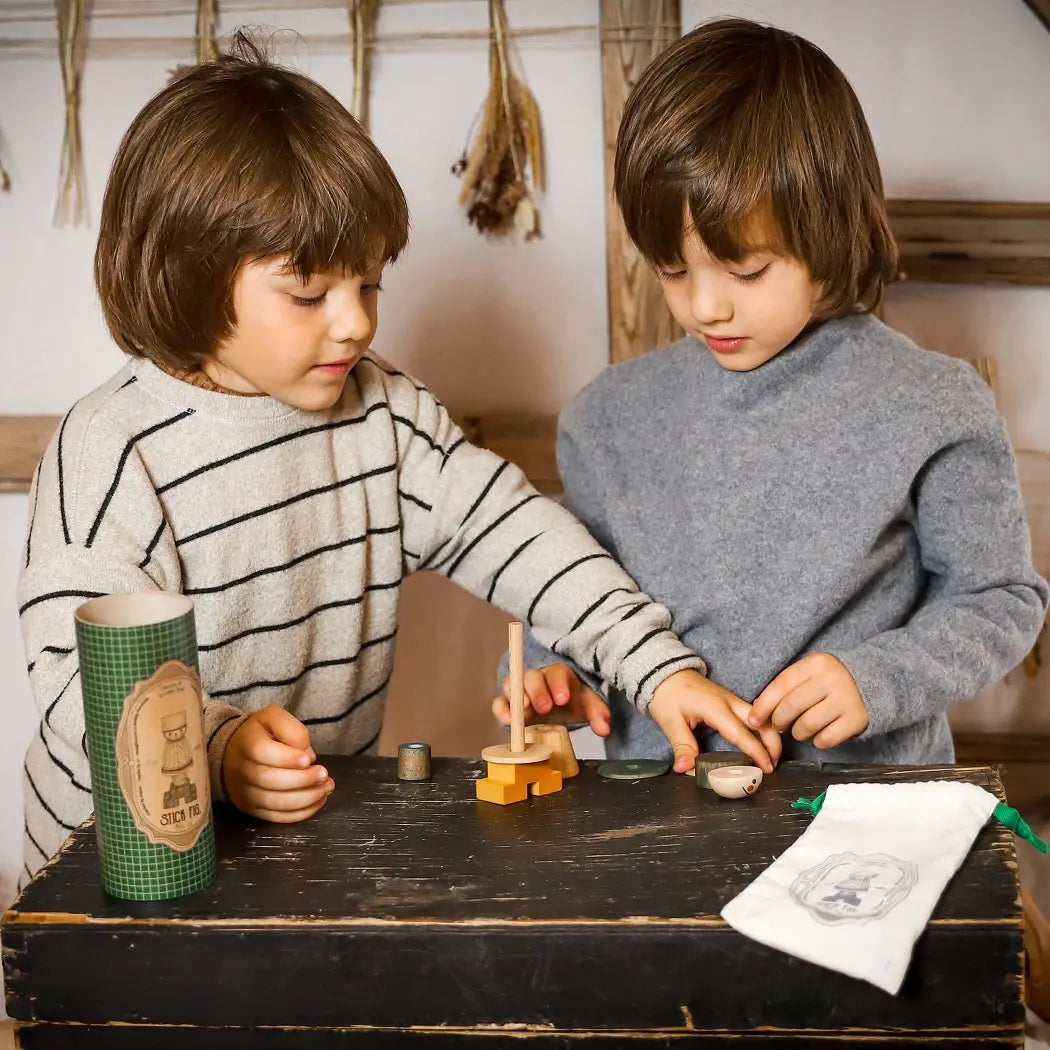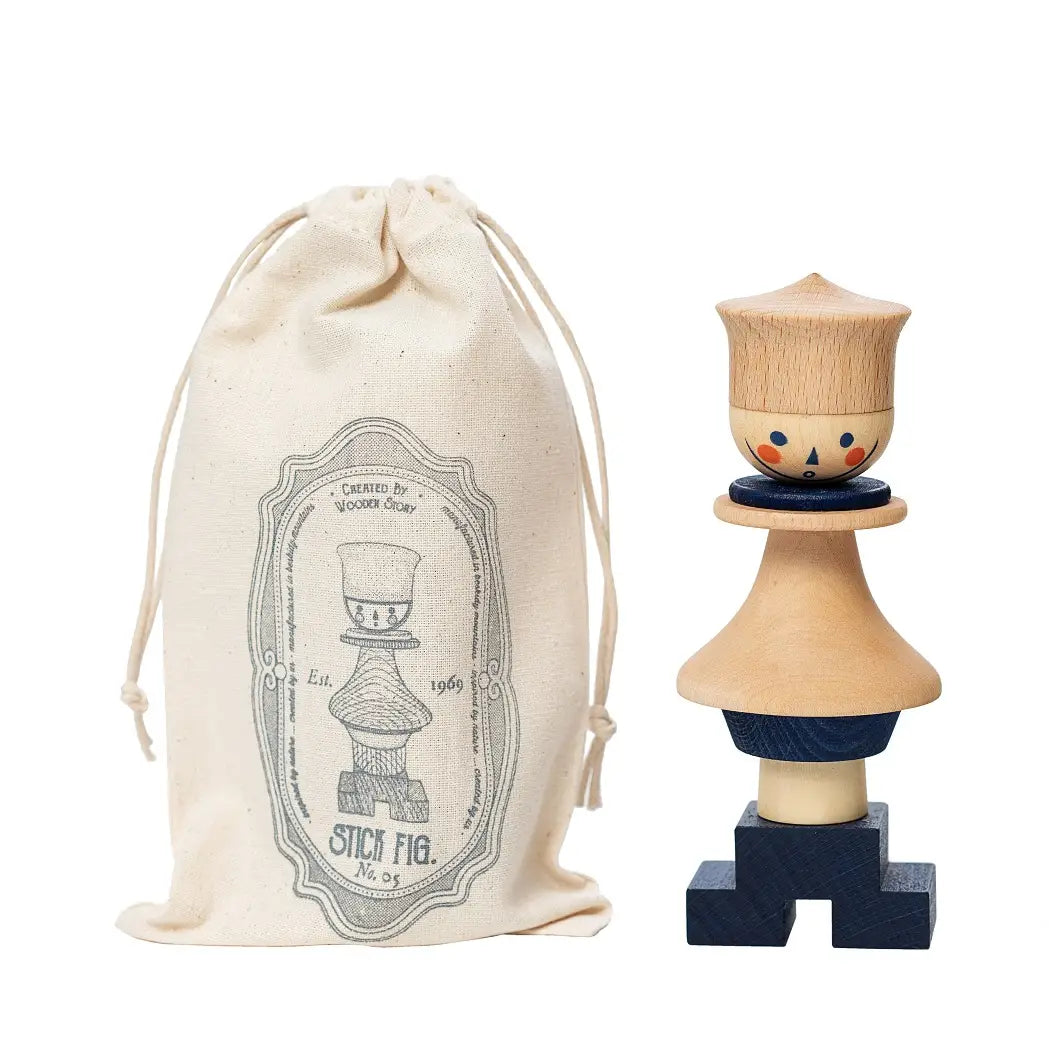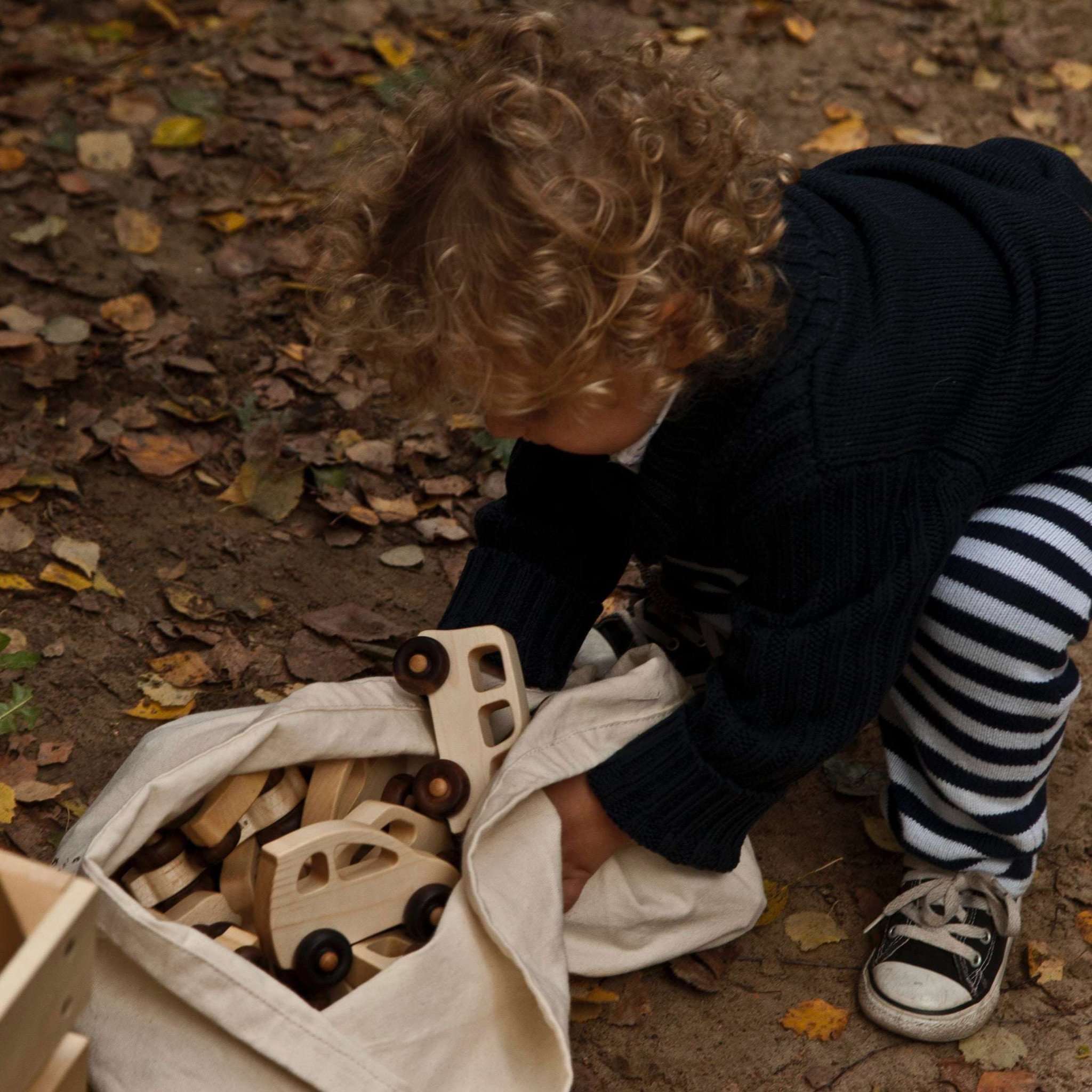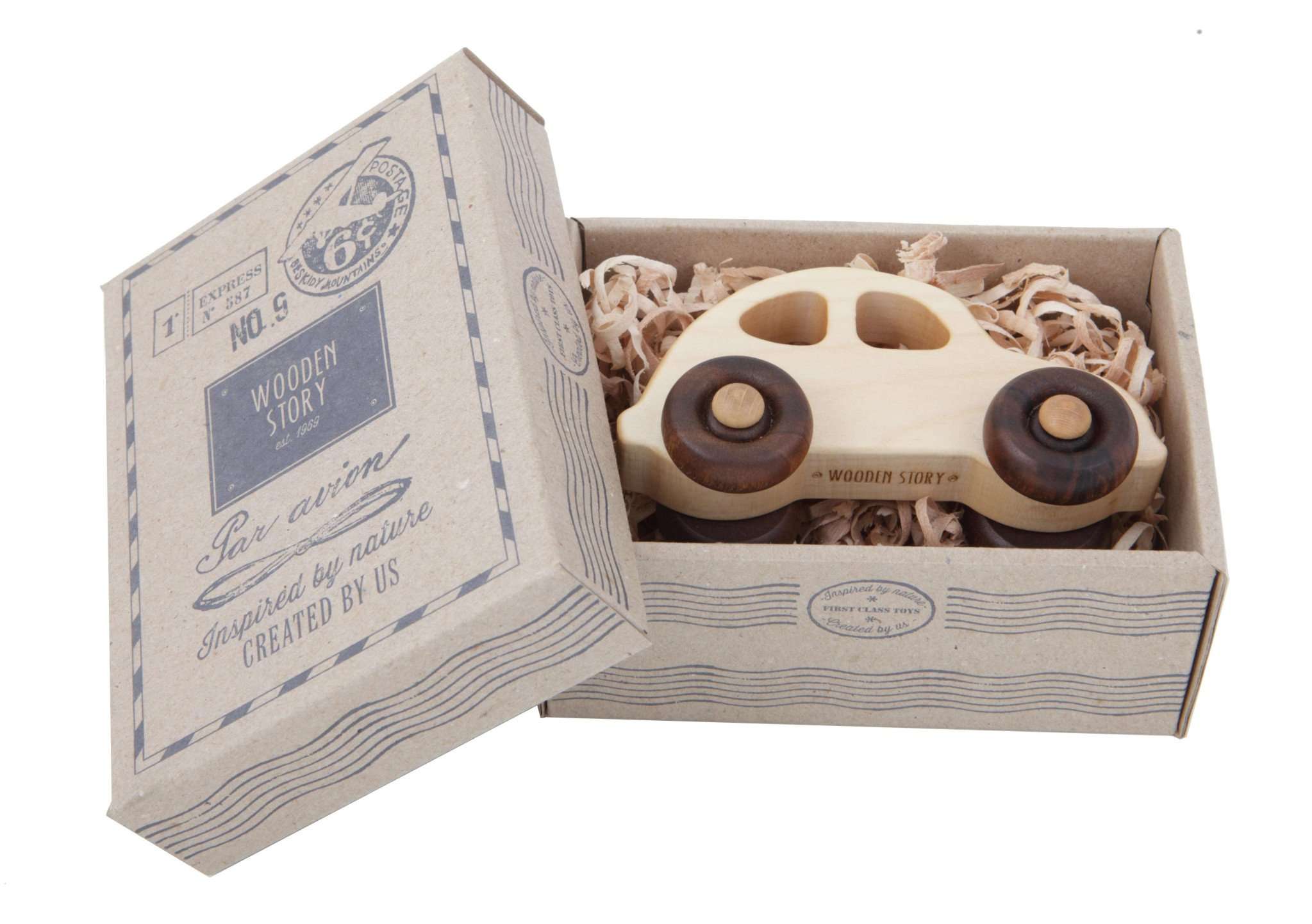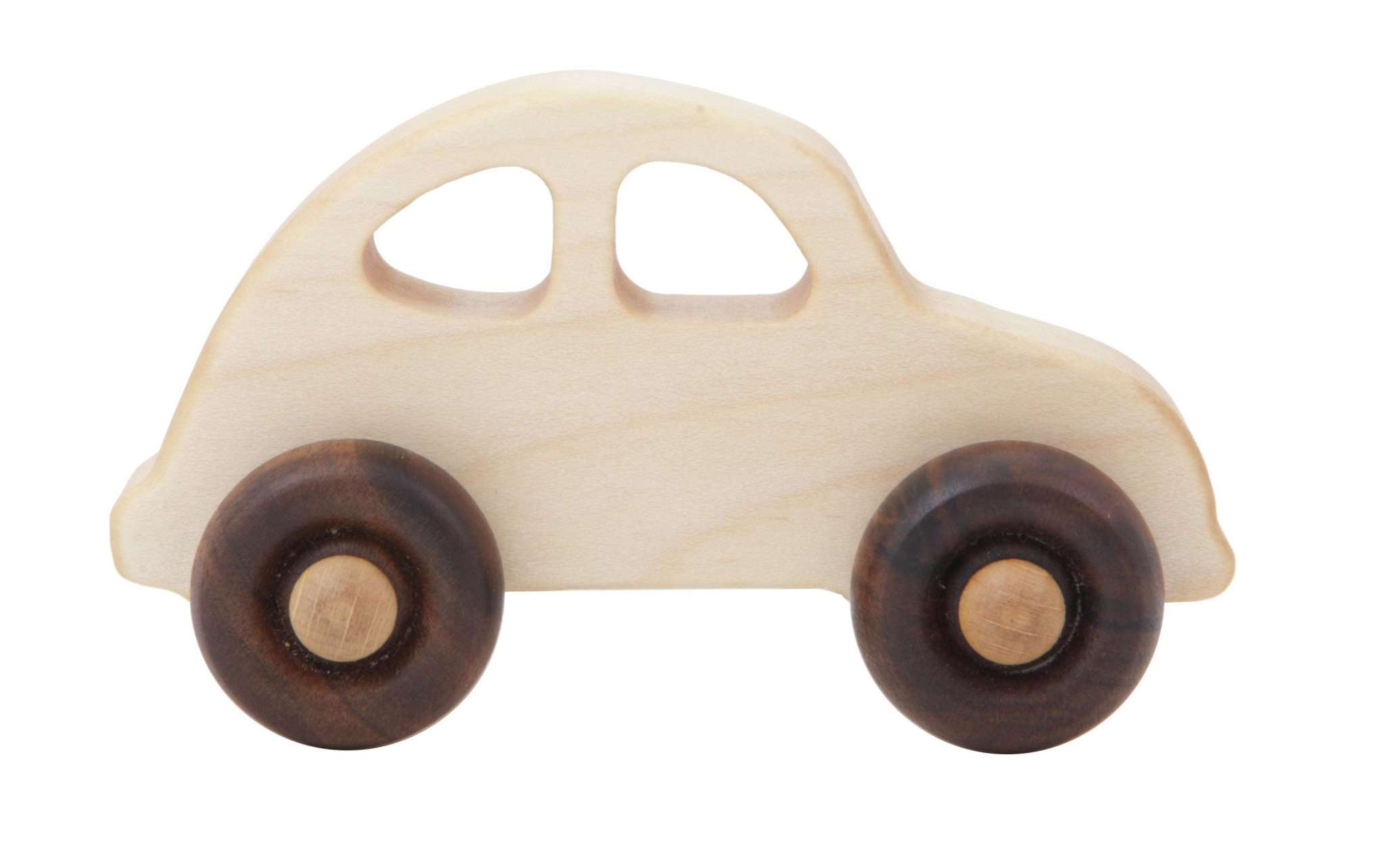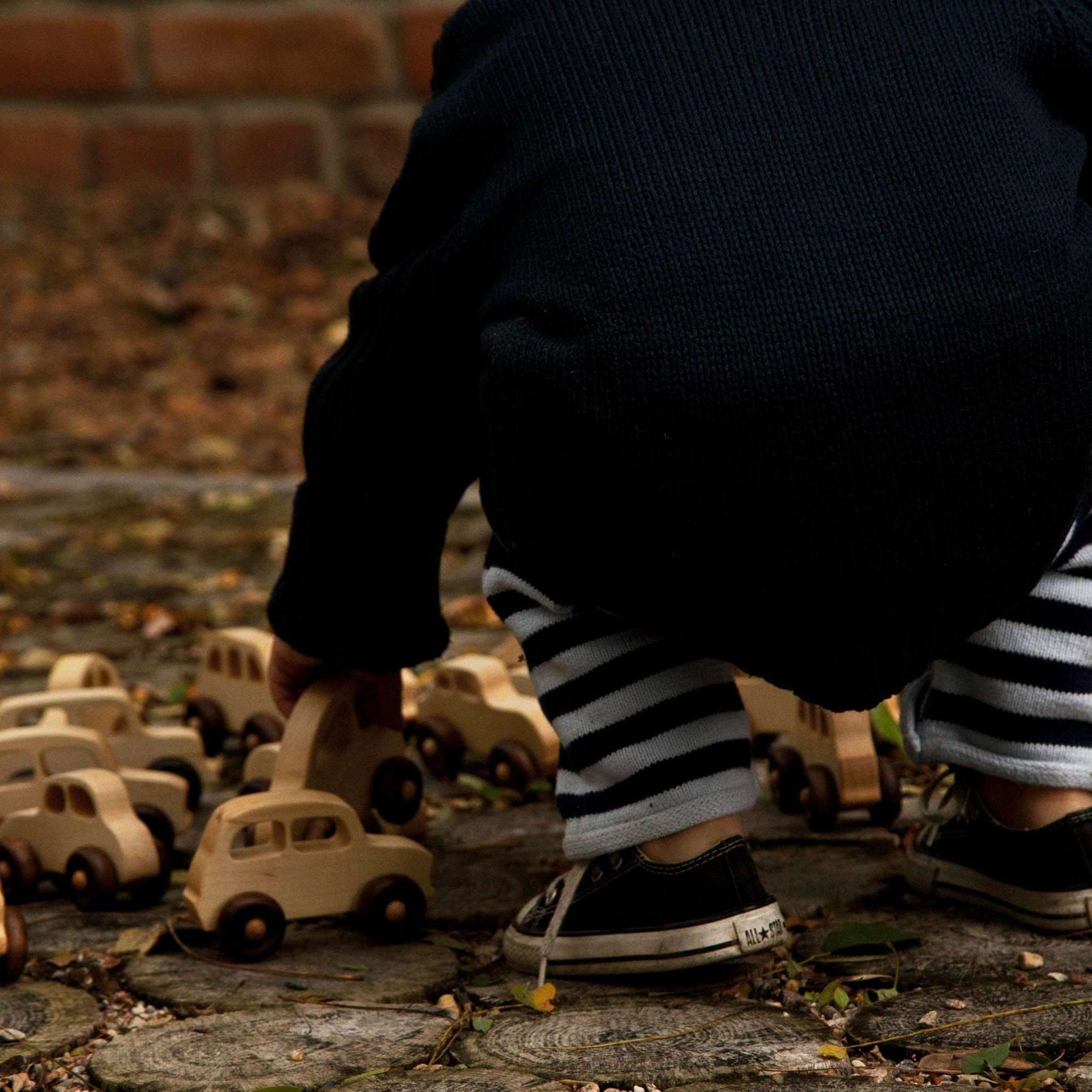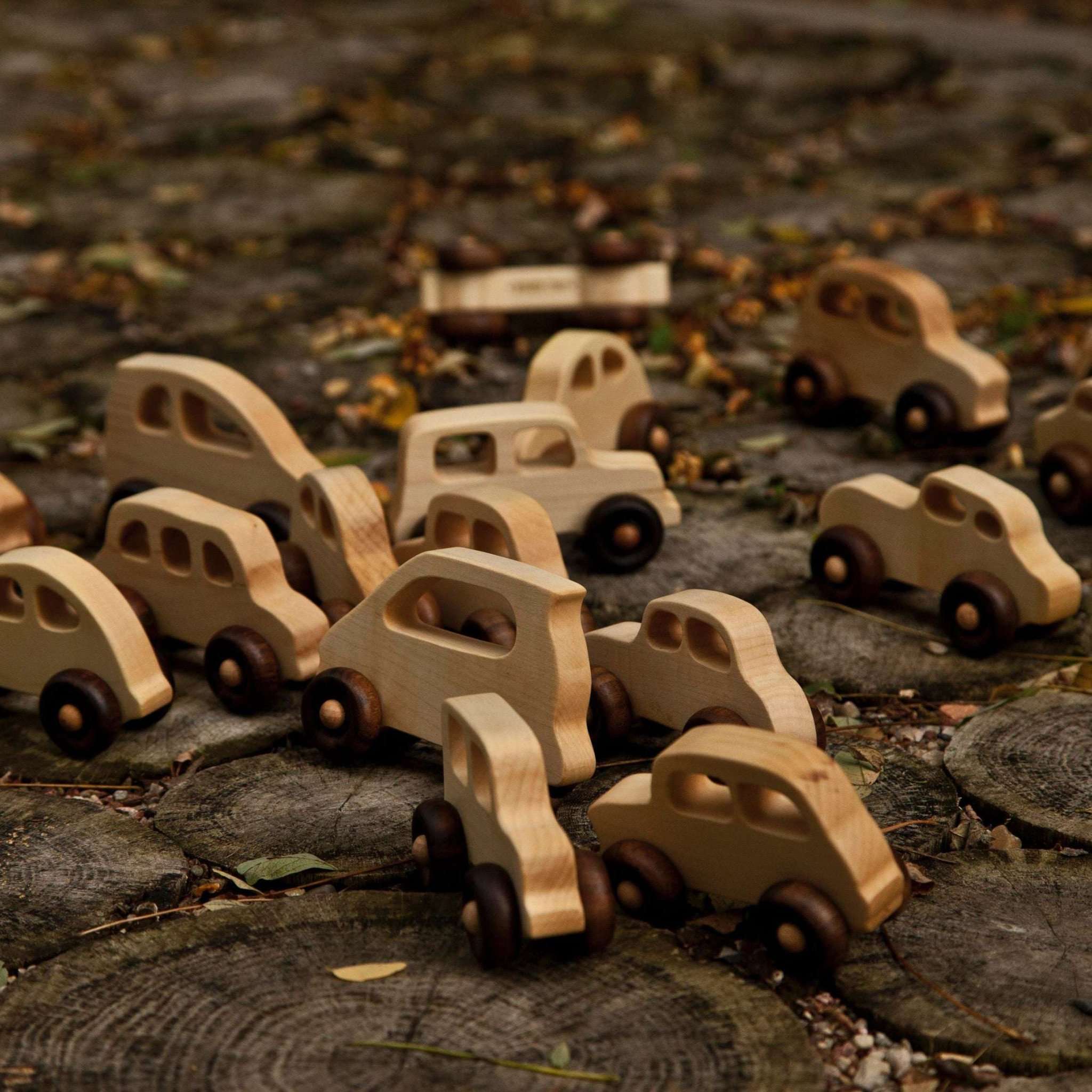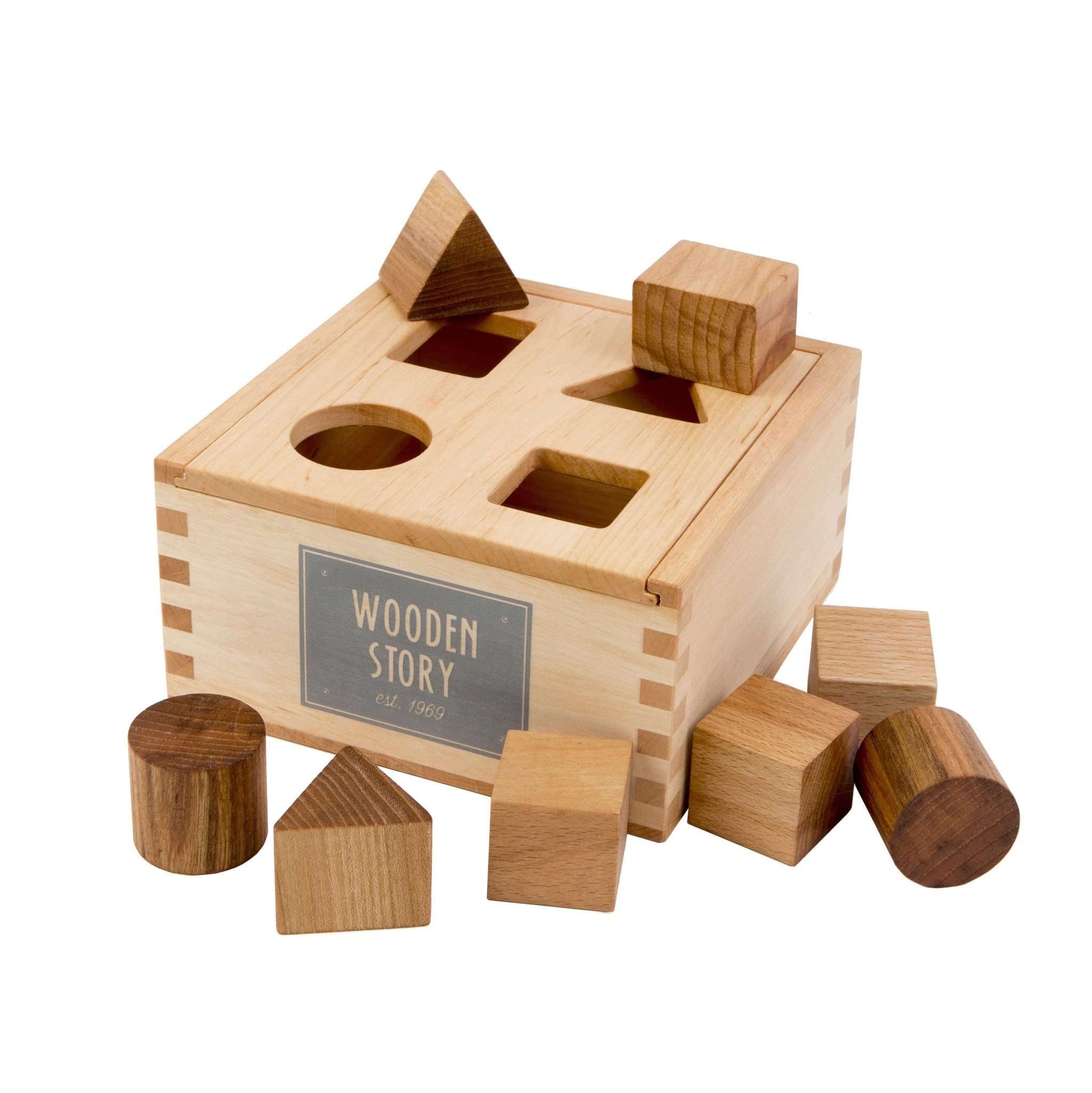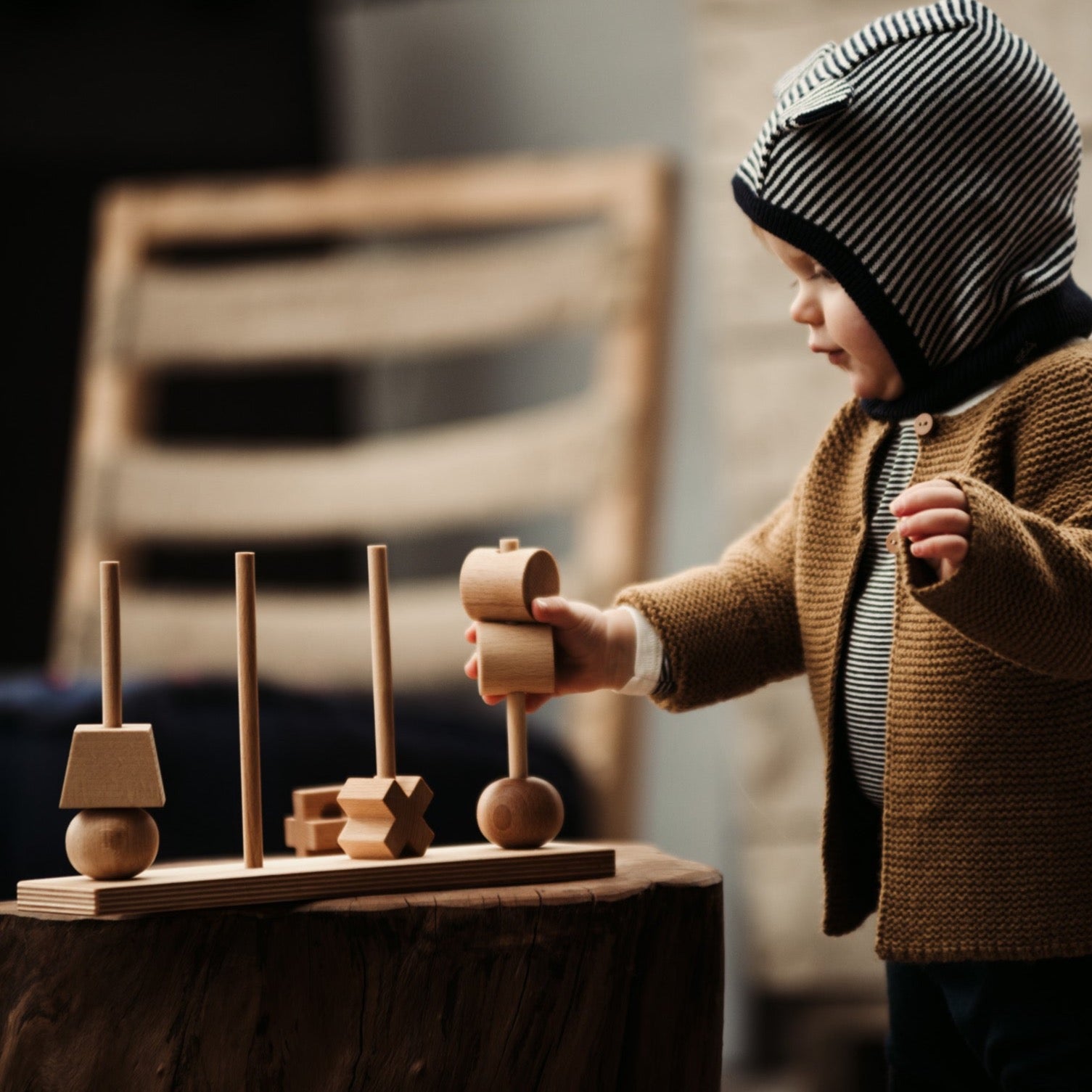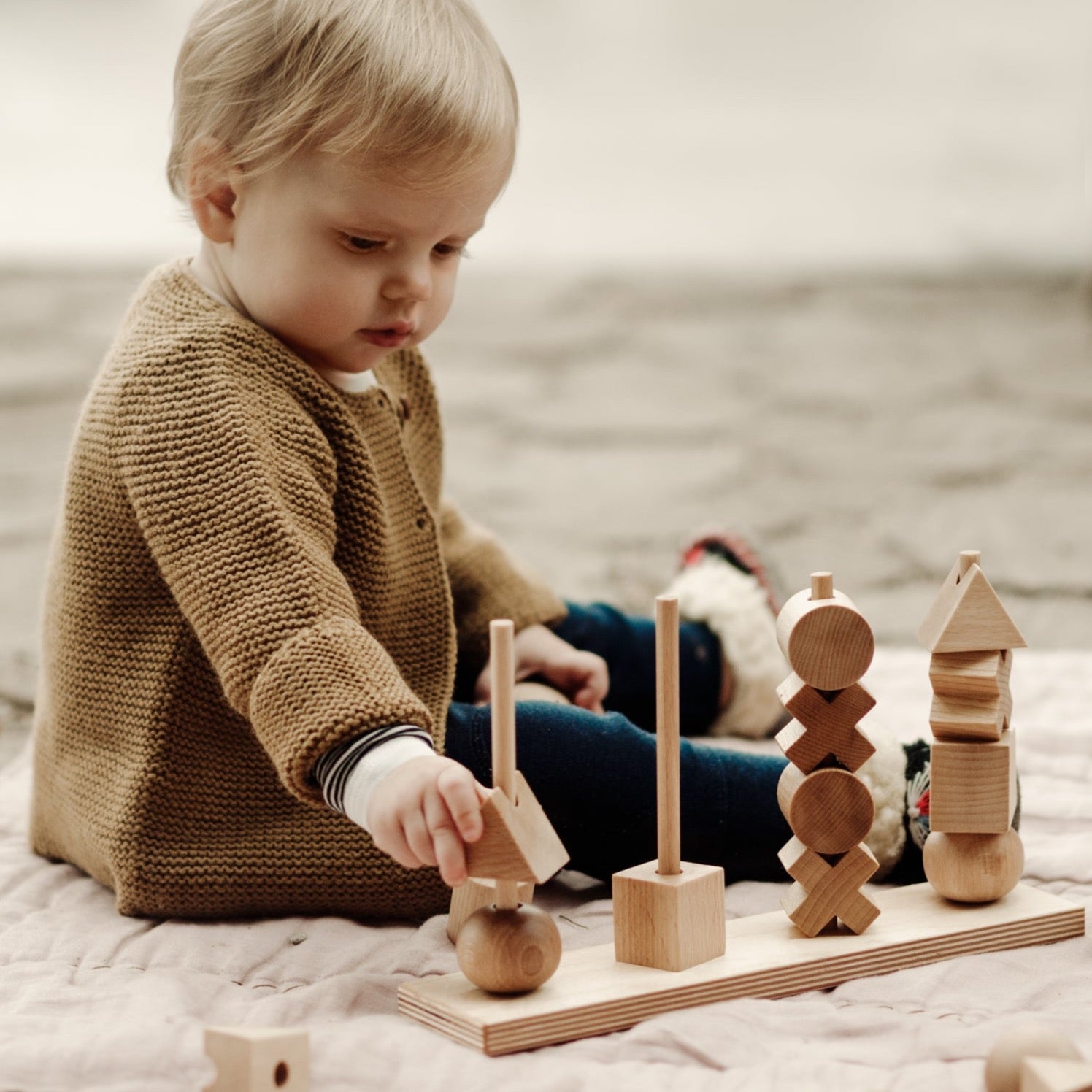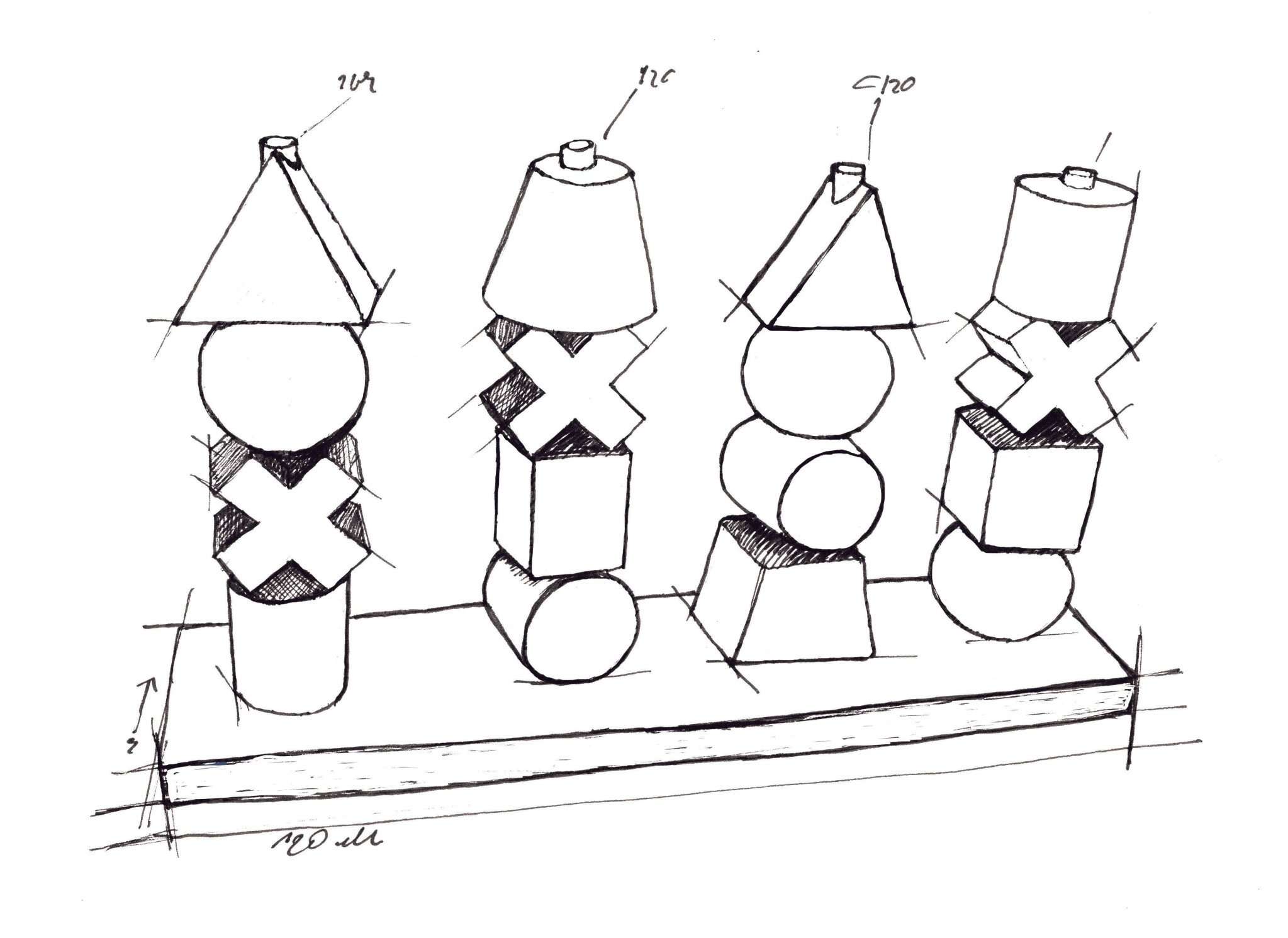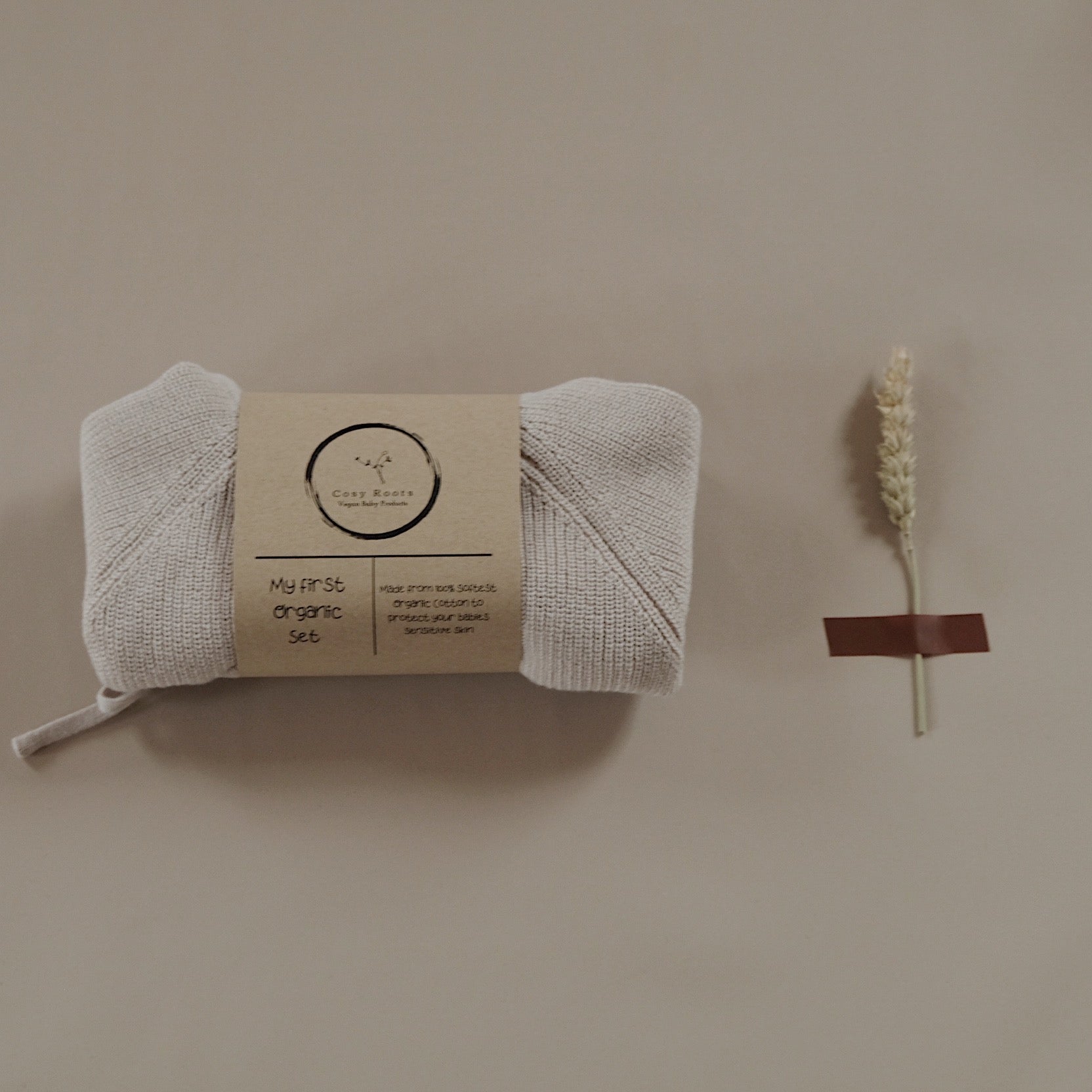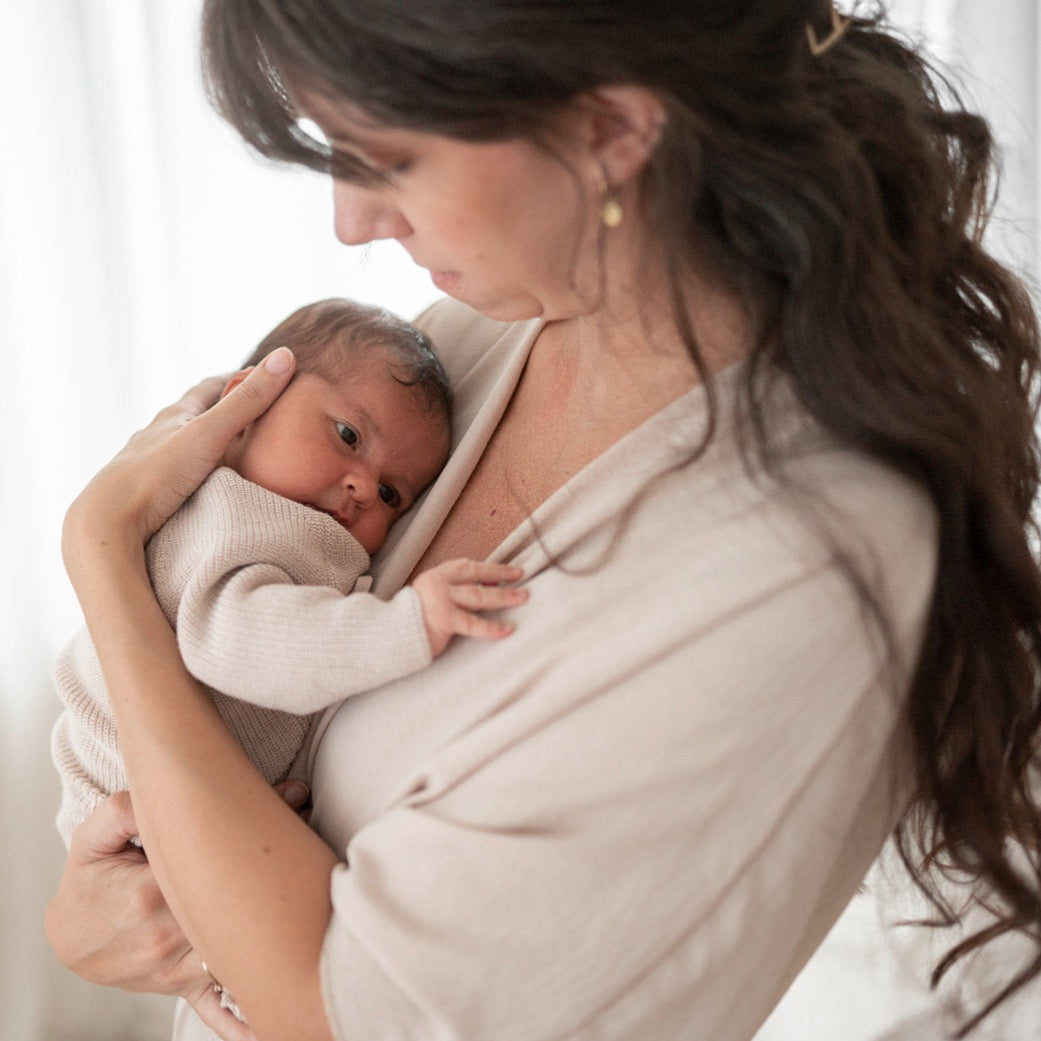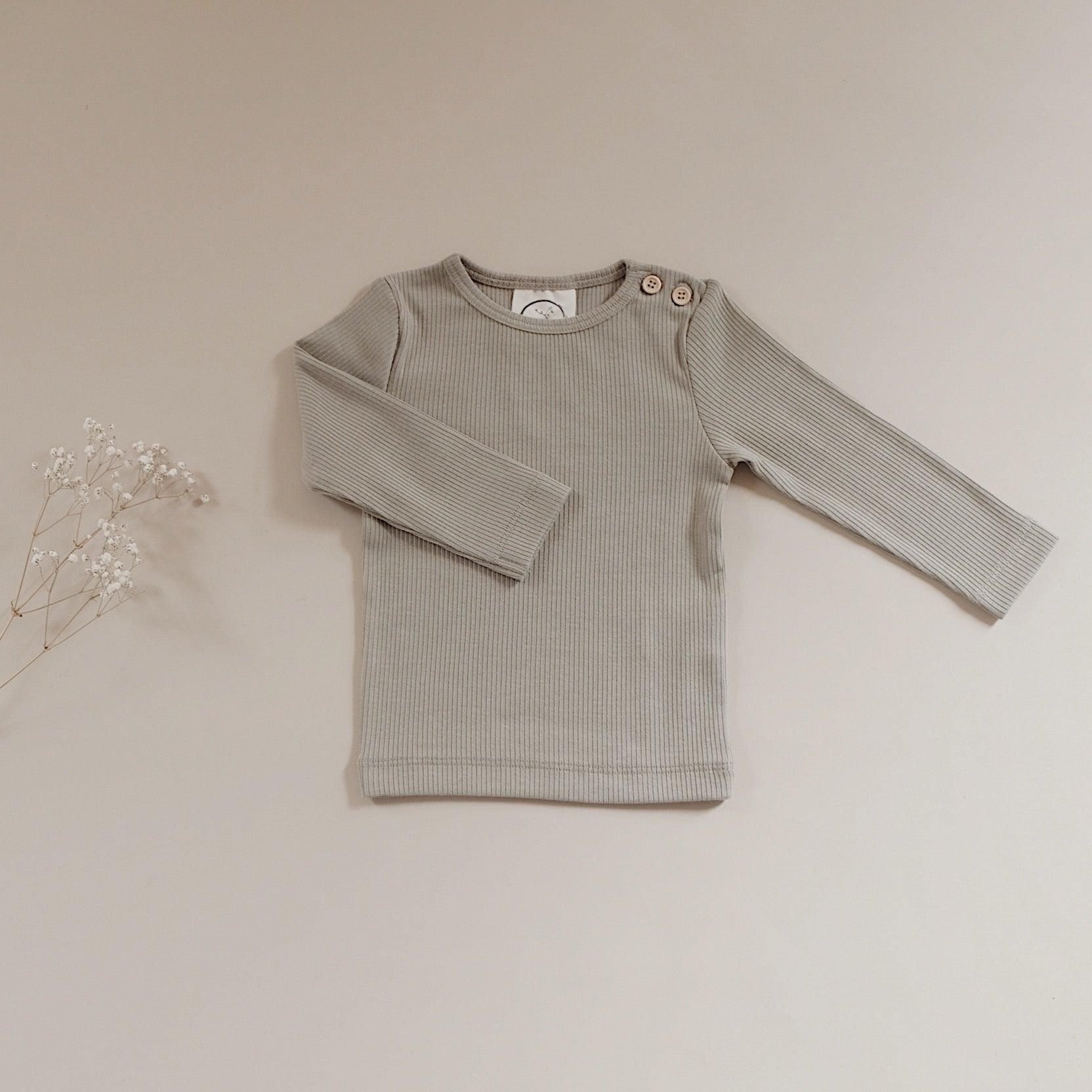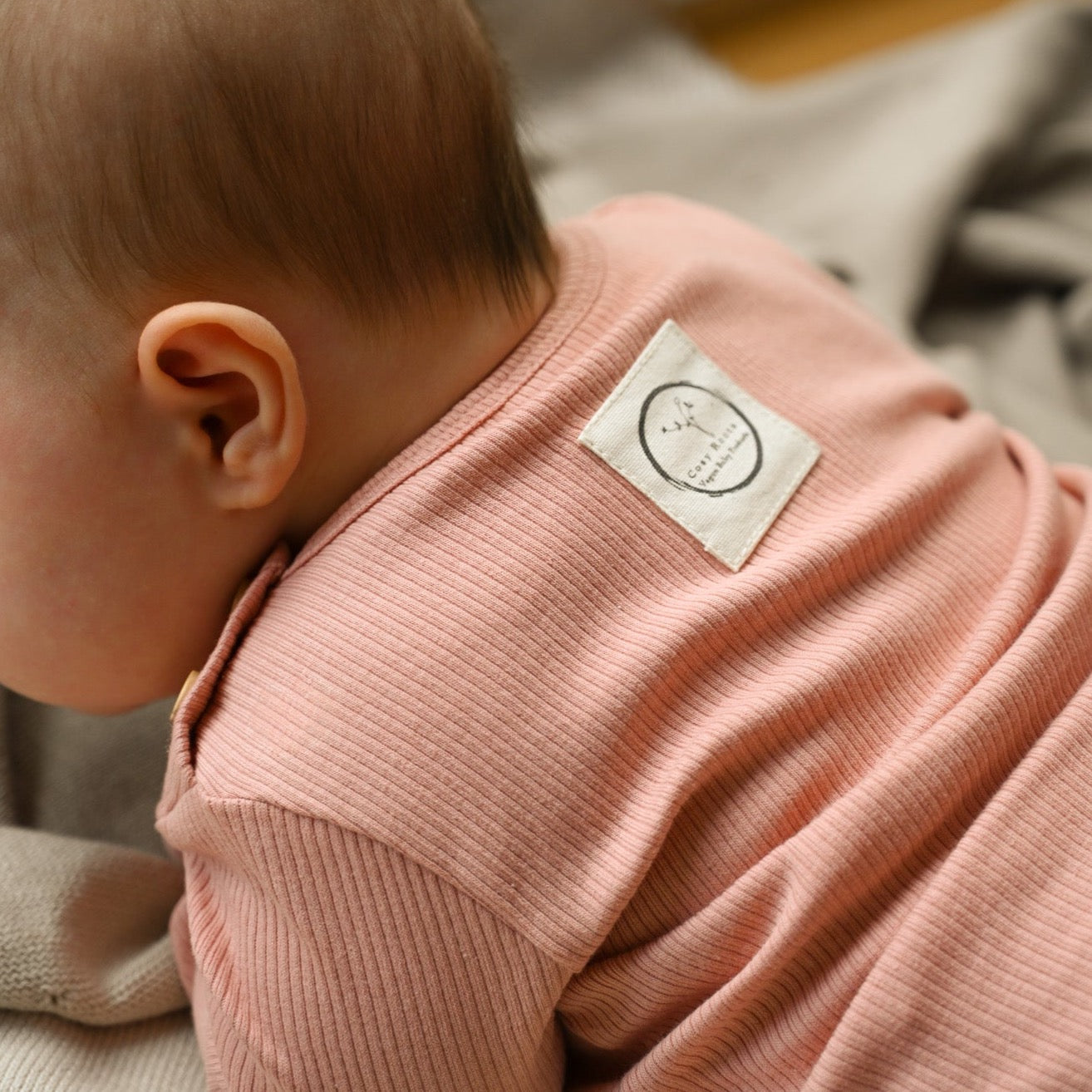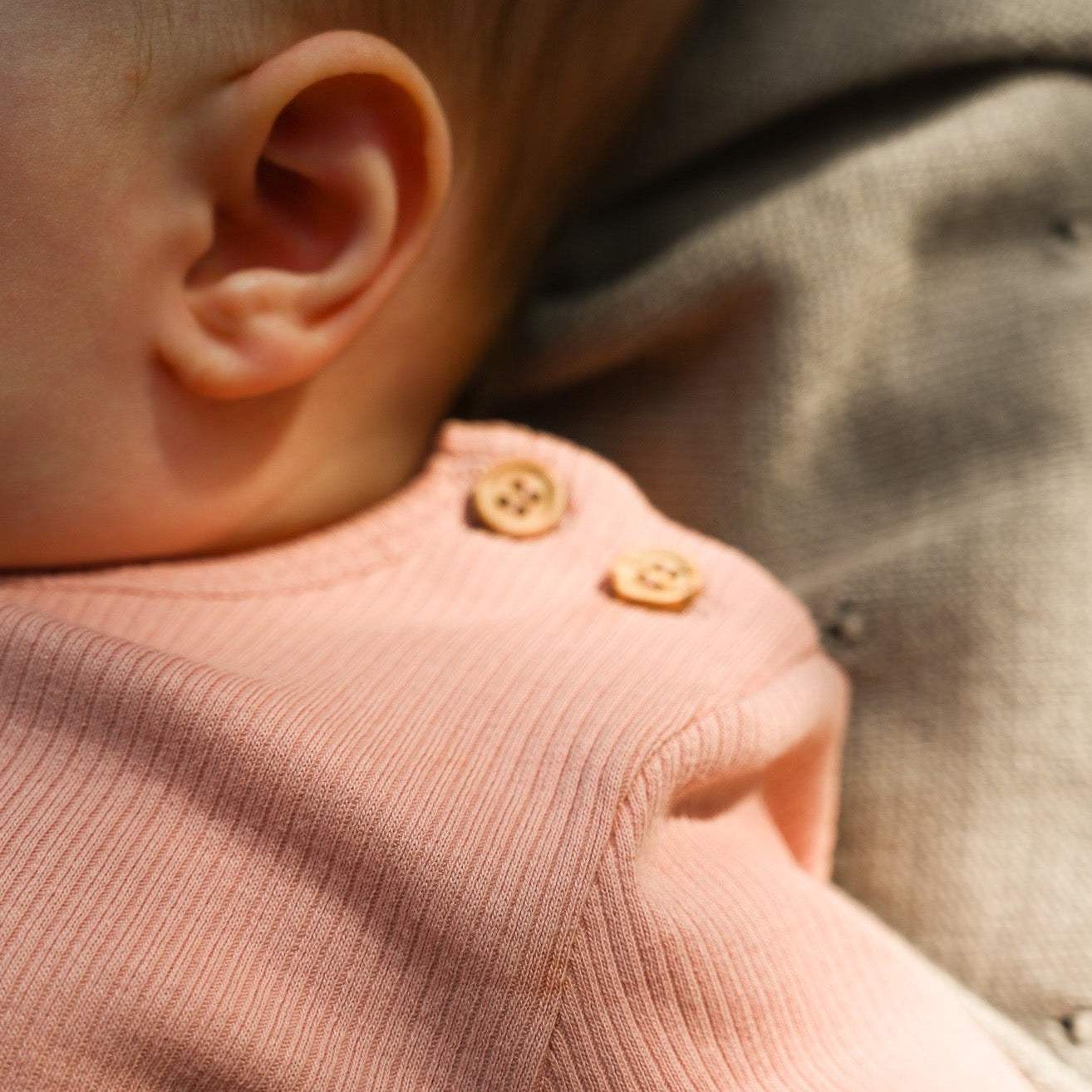If you want to integrate more sustainability into your everyday life and don't know exactly how, then you've come to the right place. There are many ideas on how to live more sustainably, but implementing them in everyday life is often a challenge. It is particularly striking that most of the tips, tricks and co. are designed for the realities of life of young singles and couples in big cities, while families and small children are not considered. But climate change affects us all. People have different resources at their disposal, and the everyday life of parents in particular often leaves little room to look for a suitable, more sustainable alternative. And the fact that plastic is the final enemy is not only undeniable, it is also probably the biggest problem in everyday life for families. That's why we have 5 tips for you on how to achieve more sustainability in everyday life - family edition.
More sustainability in everyday life - for the sake of the environment
Droughts, record heat, smog and floods are just some of the impacts that human lifestyles and corporate behavior, with all the plastic, CO2 and waste of resources, are having on our environment. But the answer to the problem does not lie with the individual. Politicians and large companies have a duty to offer an affordable alternative for everyone. When we talk about more sustainability in everyday life, we are by no means talking about perfection. You don't have to go zero waste, grow your own food, and get your carbon footprint close to zero to save the planet. Rather, it is the little things in everyday life that can help to change something. And if everyone gradually integrates a little more sustainability into their everyday lives, if only everyone adjusts their behavior and lifestyle a bit, that would in turn help the environment. Try starting with our tips for more sustainability in everyday life - in small and imperfect steps.
Tip 1: A car is not just a car
Let's be honest, life without a car is often simply impossible, especially for families in the country. Public transport is almost non-existent and the distances for shopping, daycare runs and hobbies are too far or too dangerous to cover them by bike. And yet you can save CO2 by using energy instead of petrol, for example. An e-car is much more sustainable than even the latest models in the conventional car industry and the increased energy consumption can be compensated for by green electricity or sustainable electricity from renewable energies.
But this alternative is not suitable for every budget. If a purchase is out of the question for you, you can of course also save a lot of CO2 if you simply leave the car at home more often. Take a trip to your local area, a day trip by train or a picnic in the garden. This is no less exciting for the children than a trip by car and at the same time an important step towards protecting our environment.
Tip 2: Make secondhand first choice
Children grow extremely fast. As soon as you shop, you feel like you've already reached the next size and the whole thing starts all over again. Garments that end up in the shopping cart are often worn little or not at all - resource hogs. Our tip for more sustainability in the wardrobe: quality instead of quantity. Rely on good fabrics such as our GOTS-certified organic cotton , timeless design and high-quality workmanship. As a result, several generations can benefit from the clothing and important resources such as water and energy are saved. Our products are designed so that many children and parents can enjoy them. You can combine our outfits to create a capsule wardrobe. And once your child has outgrown it, you can simply resell or keep the high-quality products, because our beautiful pieces are gender-neutral and timeless.
Tip 3: Against food waste in everyday life
Did you know that around 11 million tons of food in Germany end up in the garbage every year? A good way to bring more sustainability into everyday life is to time grocery shopping well and to ensure that fruit and vegetables are stored correctly. Regional, seasonal and organic products instead of cheap offers from overseas, they are the fast fashion of the food industry. Why not visit a market or farm shop together, where your child can find out first-hand where the food and favorite fruit and vegetables actually come from and which way they go to end up on your dining table. Save on packaging by bringing your own boxes, beeswax wraps and bags from home. Not only is there less waste, but you are also setting an example that you value sustainability and everything that goes with it, and you are also determining what the food industry has to offer.
To save more food from ending up in the trash far too early, you can also join associations like Foodsharing. They are committed to saving food and offer retailers the opportunity to collect the sorted out products that are too good to be thrown away but can no longer be sold and to share them with institutions such as the railway station mission, but also with private individuals.
Tip 4: Garbage collection parties
If you look around in our everyday life, you will discover a lot of environmental pollution. Leftover to-go cups, carelessly thrown away packaging - our environment is full of rubbish and rubbish. Garbage also plays a role in parks and playgrounds, in all areas of our lives. A good way to bring children closer to the importance of sustainability and a conscious life is with a joint garbage collection campaign. Equipped with tongs, gloves and a garbage bag, you can turn it into a small competition and discuss together how to avoid pollution and what effect our actions have on our environment.
Tip 5: Consciously through everyday life
Just have a quick cup of coffee before dropping off the child at the day care center and then rushing off to work, because afterwards you have to go shopping quickly - pretty hectic times we live in there. The faster and more stressful the environment is, the more we tend to get carried away with impulse purchases and supposedly easier solutions. All the tips for more sustainability in everyday life are ultimately useless if you don't have the time to heed them. Therefore: Take your time consciously. To you. for your child For example, before you go shopping, make a list to make sure you don't buy more groceries than you need. Take your coffee with you from home instead of buying one in a to-go cup on the go, or at least bring your own plastic-free cup with you. Visit one of the many unpackaged shops or let the weekly market become part of your everyday routine.
Don't put any pressure on yourself - every effort and every small step to become more sustainable in everyday life helps our environment. And the more sustainability you integrate into your everyday life, the easier it will be for you to implement more and more tips. But even if the topic is serious and important, you should make sure that you don't put too much pressure on yourself and don't want too much at once. Adjust your life slowly but steadily in order to be able to keep the newly lived sustainability stable.




